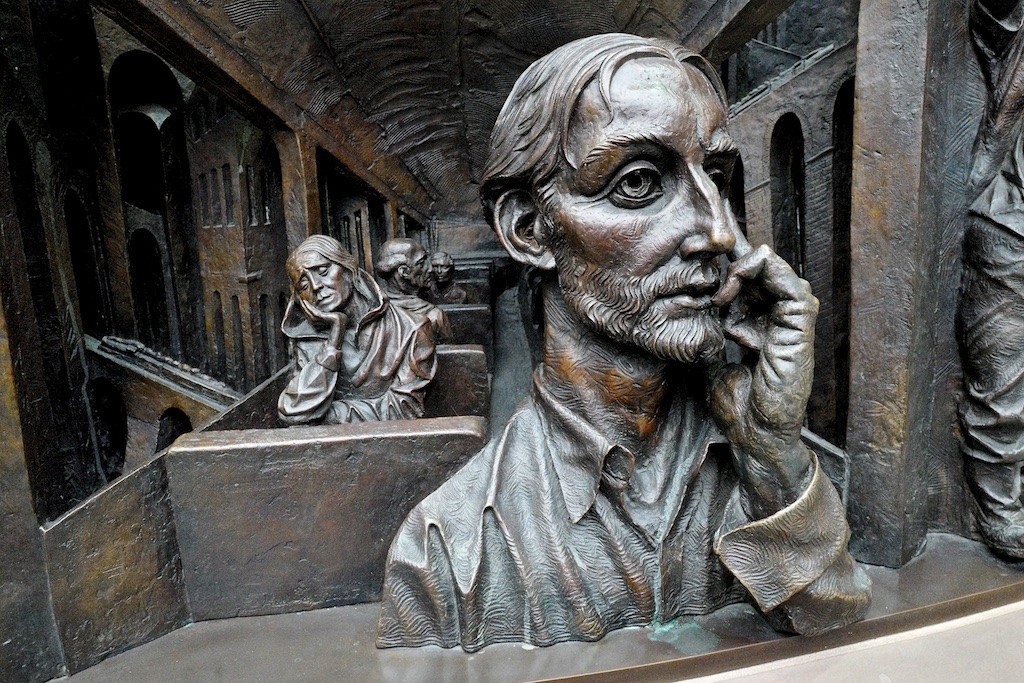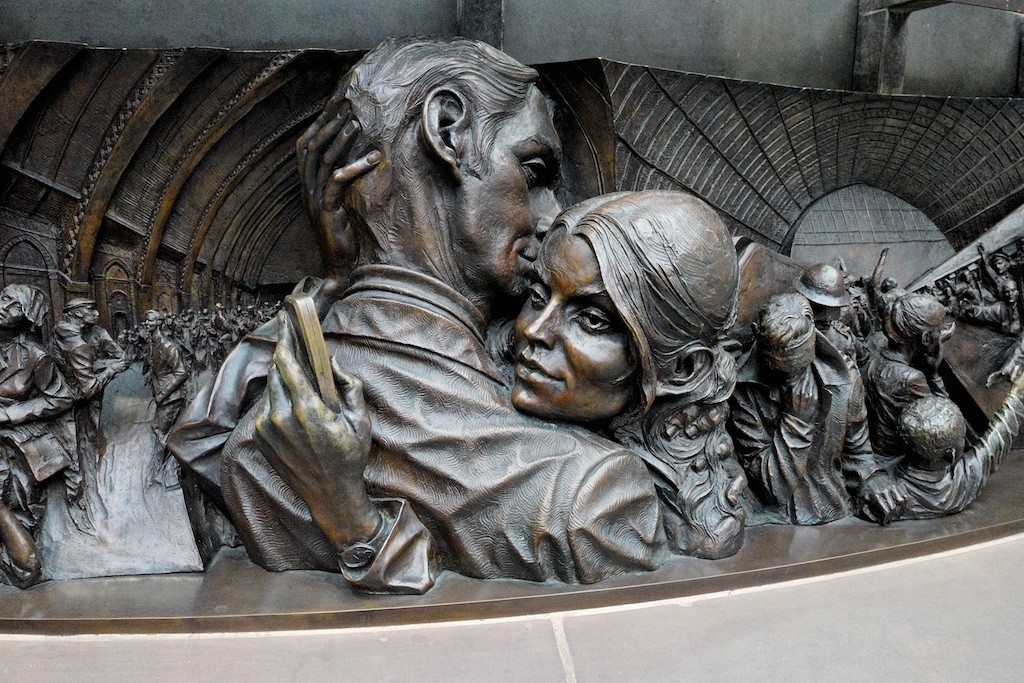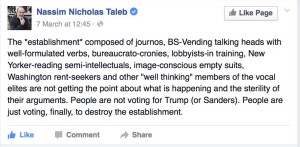This morning’s Observer column:
No problem, thought the Feds: we’ll just get a court order forcing Apple to write a special version of the operating system that will bypass this security provision and then download it to Farook’s phone. They got the order, but Apple refused point-blank to comply – on several grounds: since computer code is speech, the order violated the first amendment because it would be “compelled speech”; because being obliged to write the code amounted to “forced labour”, it would also violate the fifth amendment; and it was too dangerous because it would create a backdoor that could be exploited by hackers and nation states and potentially put a billion users of Apple devices at risk.
The resulting public furore offers a vivid illustration of how attempting a reasoned public debate about encryption is like trying to discuss philosophy using smoke signals. Leaving aside the purely clueless contributions from clowns like Piers Morgan and Donald Trump, and the sanctimonious platitudes from Obama downwards about “no company being above the law”, there is an alarmingly widespread failure to appreciate what is at stake here. We are building a world that is becoming totally dependent on network technology. Since there is no possibility of total security in such a world, then we have to use any tool that offers at least some measure of protection, for both individual citizens and institutions. In that context, strong encryption along the lines of the stuff that Apple and some other companies are building into their products and services is the only game in town.



